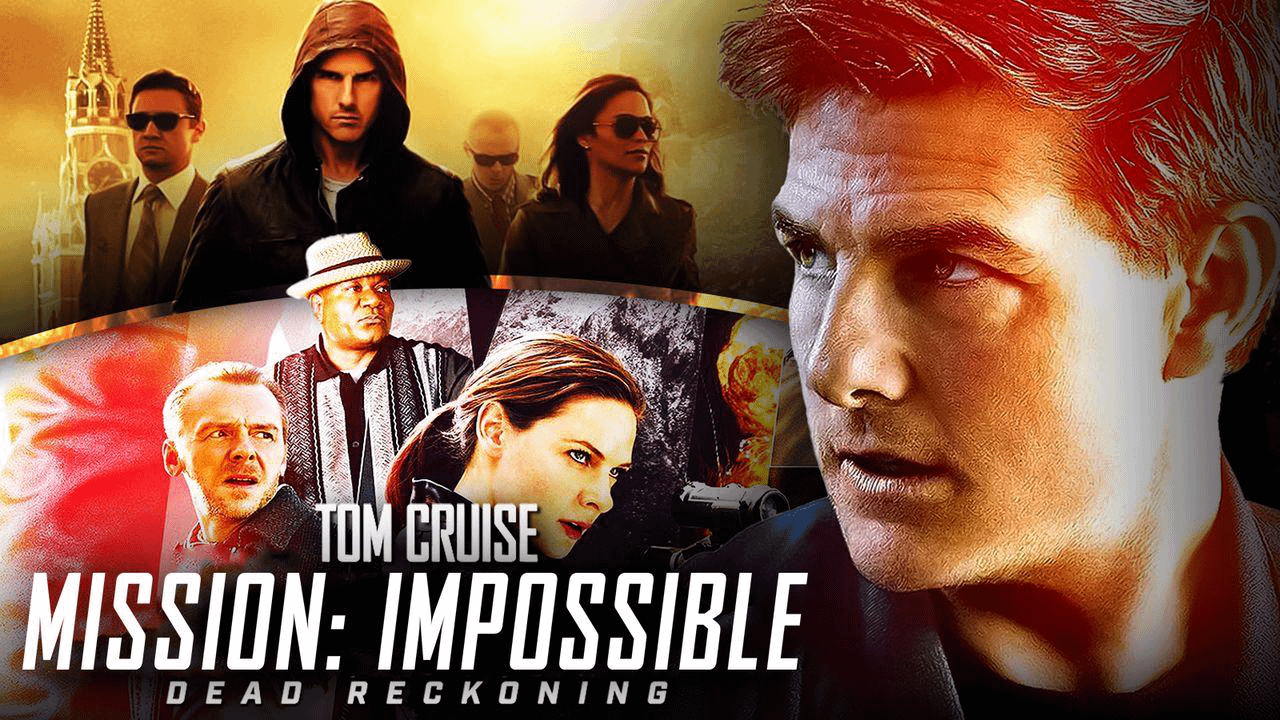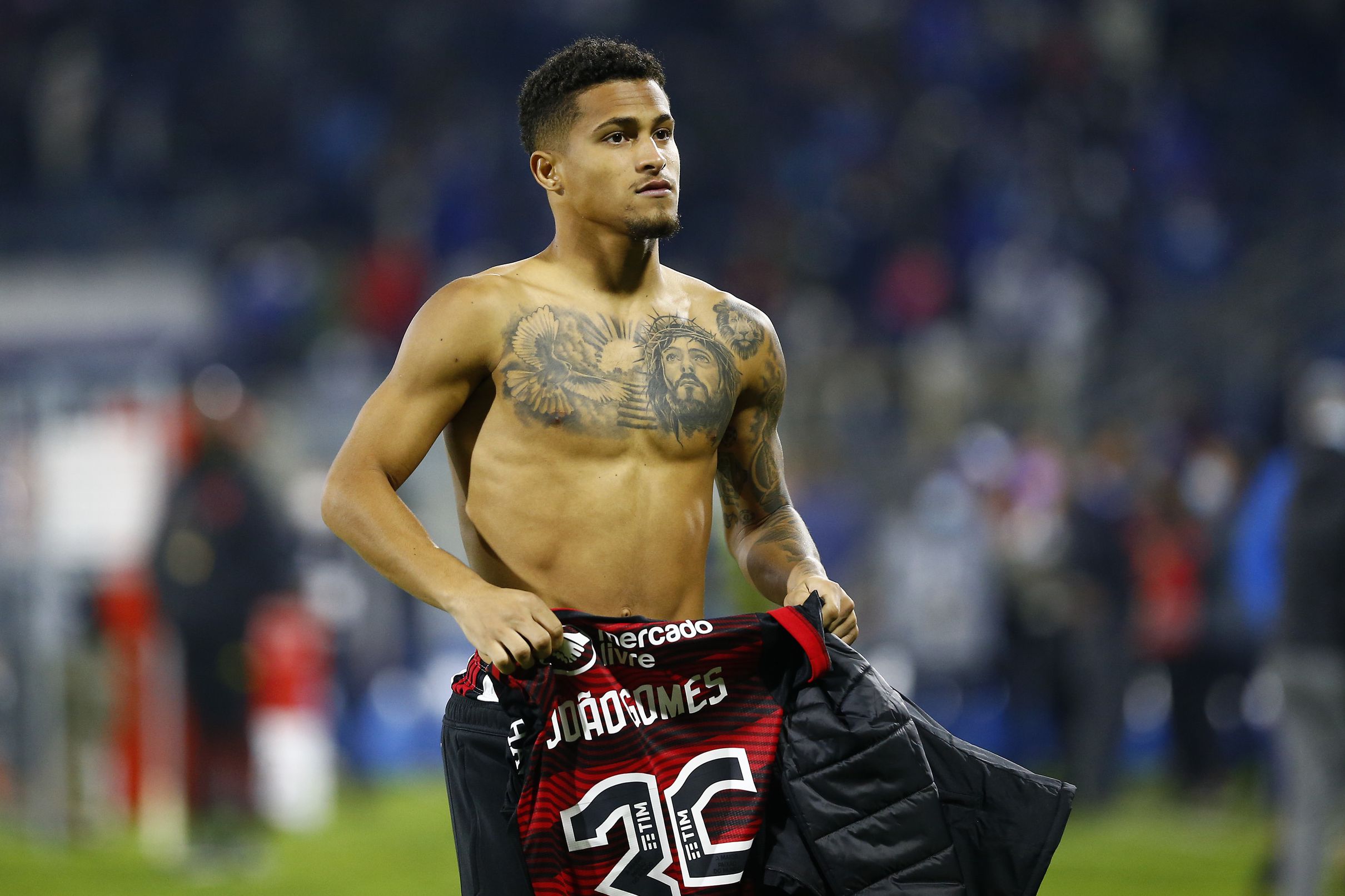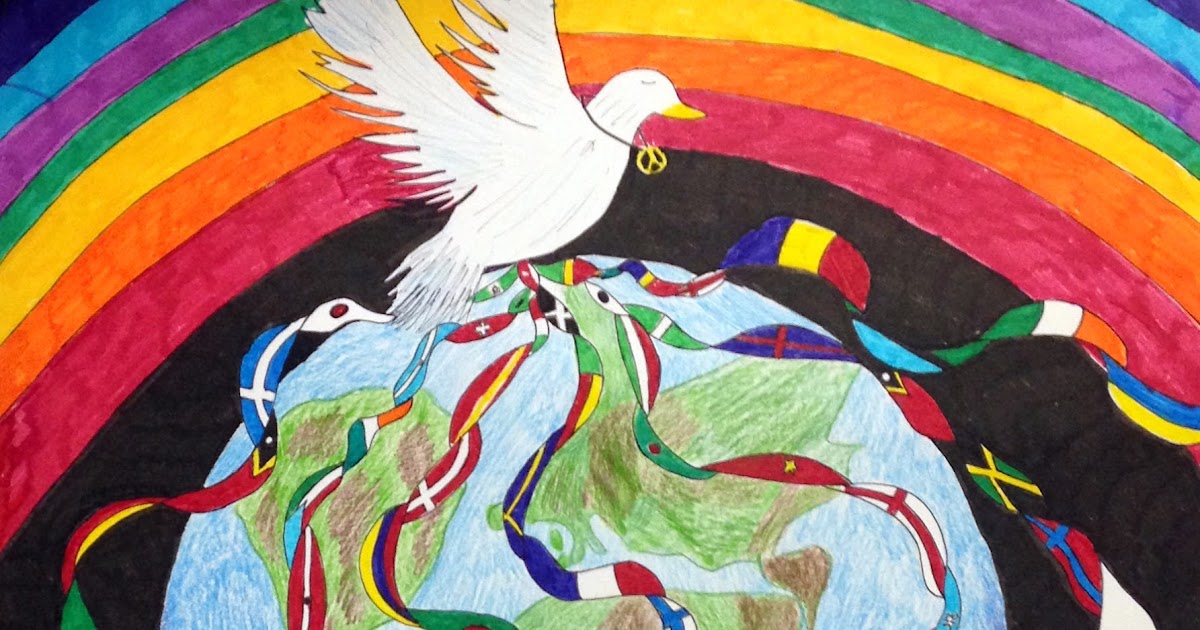Mission: Impossible 7 Ignores Franchise History?

Table of Contents
The Diminished Role of Legacy Characters and Organizations
The Mission: Impossible franchise has always thrived on the camaraderie and interplay between Ethan Hunt and his supporting team within the IMF (Impossible Missions Force). Key figures like Benji Dunn and Luther Stickell have been integral to the series' success, their character arcs and relationships with Ethan evolving across multiple films. However, Mission: Impossible 7 seems to significantly alter this dynamic.
- Reduced Screen Time: While Benji and Luther are present in MI7, their roles feel diminished compared to previous installments. Their contributions to the mission, while crucial, lack the same level of screen time and narrative focus they previously enjoyed. This shift impacts the established dynamic between Ethan and his team, a cornerstone of the franchise's appeal.
- Altered IMF Dynamics: The IMF itself seems less central to the plot of Mission: Impossible 7. The intricate web of relationships and internal politics that characterized earlier films takes a backseat. This downplaying of the organization's role could lead to concerns about future franchise continuity and the very foundation of the team's operations.
- Impact on Character Development: The reduced focus on these supporting characters hinders their ongoing character development and the evolution of their relationships with Ethan. The franchise's strength has always lain in the development of these characters, and their diminished roles raise questions about future narratives.
Contradictions and Inconsistencies with Previous Films' Plotlines
Several aspects of Mission: Impossible 7's plot raise concerns about consistency with previous films. These inconsistencies, whether intentional or unintentional, disrupt the overall narrative cohesion of the franchise and affect the viewing experience for long-time fans.
- Specific Plot Points: For example, [insert a specific example of a plot point from MI7 that contradicts an earlier film. Be specific, citing scenes or events]. This seemingly contradicts the established events of [mention the previous film and the specific event being contradicted].
- Reasons for Inconsistencies: The reasons for these discrepancies remain unclear. They could stem from deliberate creative choices aimed at streamlining the narrative, unintentional oversights during scriptwriting, or a fundamental shift in the franchise's creative direction.
- Impact on Narrative Cohesion: Regardless of the cause, these inconsistencies weaken the overarching narrative of the Mission: Impossible universe. The lack of consistent storytelling creates plot holes that distract from the otherwise engaging action sequences and character dynamics.
The Handling of the Syndicate and its Aftermath
Mission: Rogue Nation introduced the Syndicate, a powerful and shadowy organization, as a major antagonist. This storyline, and the threat it posed, significantly impacted the world of the Mission: Impossible films. However, Mission: Impossible 7 surprisingly gives minimal attention to the Syndicate's aftermath and the lingering threat it represents.
- Lack of Acknowledgment: The Syndicate's absence from the forefront of Mission: Impossible 7's narrative is striking. Little to no mention is made of the organization or the impact of the events from Mission: Rogue Nation. This omission creates a disconnect for those who valued the continuity and recurring villainous elements established in previous installments.
- Impact on Villainous Factions: The downplaying of the Syndicate’s influence weakens the overall arc of the villainous factions in the Mission: Impossible universe. The series has often thrived on its well-developed villains and their long-term impact. This omission alters the established power dynamics of the franchise.
- Impact on Viewer Experience: For viewers invested in the franchise's continuity, this lack of acknowledgment represents a significant disruption. The lack of a resolution to the Syndicate storyline leaves a sense of incompleteness and undermines the significance of earlier events.
The Impact on Long-Term Franchise Storytelling
The narrative choices made in Mission: Impossible 7 have significant implications for the future installments of the franchise. The potential inconsistencies and the altered focus on key elements raise questions about the series' overall direction.
- Future Installments: Ignoring or downplaying significant plot points and character arcs risks damaging the long-term narrative cohesion of the franchise. Future films might struggle to reconcile these inconsistencies, leading to further complications.
- Fan Engagement: These narrative choices could affect fan engagement and overall franchise health. Long-time fans may become disenchanted if the series continues to disregard established continuity and character development.
- Standalone Narrative vs. Overall Story: The question remains whether prioritizing a standalone narrative for each film ultimately benefits or hinders the overall storytelling of the Mission: Impossible saga. A balance between individual film narratives and the larger franchise story is crucial for its continued success.
Conclusion
While Mission: Impossible 7 undeniably delivers thrilling action and spectacular visuals, questions remain regarding its relationship to the established franchise history. The film’s choices regarding legacy characters, plot continuity, and recurring threats raise concerns about potential narrative inconsistencies and their long-term impact on the series.
What are your thoughts on whether Mission: Impossible 7 ignores franchise history? Share your opinions and analysis of the film's narrative choices in the comments below! Let's discuss the impact of these decisions on the future of the Mission: Impossible franchise and how it might influence future installments. Join the conversation – Let’s talk Mission: Impossible!

Featured Posts
-
 Societe Generale Dernieres Nominations Et Annonces
May 14, 2025
Societe Generale Dernieres Nominations Et Annonces
May 14, 2025 -
 Anne Marie David Israel Concert And Eurovision 2025 Praise
May 14, 2025
Anne Marie David Israel Concert And Eurovision 2025 Praise
May 14, 2025 -
 E60m Transfer Liverpools All Out Bid For Player
May 14, 2025
E60m Transfer Liverpools All Out Bid For Player
May 14, 2025 -
 Ospedaletti Sofia Barillari Vince Il Concorso Un Poster Per La Pace
May 14, 2025
Ospedaletti Sofia Barillari Vince Il Concorso Un Poster Per La Pace
May 14, 2025 -
 Reconhecimento Frances O Longo Caminho Da Reparacion Da Divida Haitiana
May 14, 2025
Reconhecimento Frances O Longo Caminho Da Reparacion Da Divida Haitiana
May 14, 2025
